ADHD, ADD & EFD Coaching
The Right Coaching DOES Make A DifferenceThe Just Do It approach popularized by Nike® rarely works. If you could, you would. Success comes from understanding who you are and accepting your challenges, but not being limited by them. I can help you to move forward. Together, we develop strategies that work WITH the way YOU think! No miracles (well, sometimes mini-miracles!).
You are who you are, but you will certainly find it easier to close the gap between potential and action and put an end to the disconnect between ability and accomplishment! You’ll still have to make an effort (or you aren’t ready for coaching), but you’ll have a do-able plan.
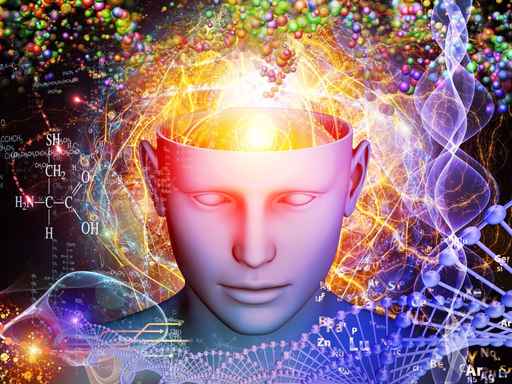
What Is ADHD Coaching?
“Understanding how your brain works helps you to drive it better…. As your coach, I give you driving lessons.” – Susan Lasky
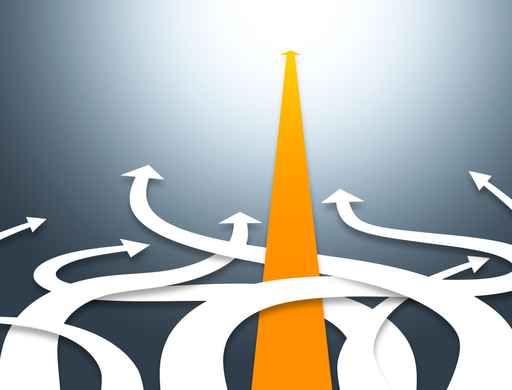
When your brain is wired a bit differently, you might:
- Struggle with self-discipline and procrastination.
- Have organizing challenges and tend to ‘file by piles.’
- Feel you are an underachiever (often despite many accomplishments).
- Find difficult tasks easier to accomplish than routine or boring ones.
- Experience a fluid sense of time – 5 minutes in traffic feels like an hour; an hour can feel like 5 minutes.
- Have difficulty staying focused on some tasks, but can also hyper-focus for hours!
- Seek new adventures and start numerous projects, but complete few of them.
Scroll down to read about Moral Defect vs. Medical Diagnosis and how we will Transform Overwhelming into Do-Able. Do you recognize yourself in Change Negative Patterns to Support Success? Also check out how You Are in Good Company!
 Susan helped make the impossible possible! She helped me to organize my life and calm my chaotic mind. My journey to learning how to truly accept myself began the day of our first coaching session. My difficulties with even the seemingly simple day-to-day tasks of time management and reaching goals had led to really low self-esteem. She helped me to take control of ADHD, and even use it to my advan
Susan helped make the impossible possible! She helped me to organize my life and calm my chaotic mind. My journey to learning how to truly accept myself began the day of our first coaching session. My difficulties with even the seemingly simple day-to-day tasks of time management and reaching goals had led to really low self-esteem. She helped me to take control of ADHD, and even use it to my advan tage. Maria Scazzero, Community Resource Specialist, New York City Social Services
tage. Maria Scazzero, Community Resource Specialist, New York City Social Services
Moral Defect vs. Medical Diagnosis
Hint: The Answer is in Your Brain-Wiring, and Brain-Based Coaching Makes a Difference! You may be diagnosed with, or are just highly symptomatic of brain-based conditions such as ADD/ADHD (attention-deficit hyperactivity disorder) or EFD (executive function disorder or dysregulation). Note: Fewer than 13% of men and 5% of women who have ADHD will be diagnosed during their lifetime!
Whether diagnosed or symptomatic – it is time to stop feeling guilty and blaming yourself! We’re talking neurology and biology, heredity and environment, NOT willpower or moral defect. While symptoms may lessen or change over time, ADHD doesn’t just go away. Coaching helps you find ways to minimize and manage the problematic symptoms, while bolstering your creative problem-solving abilities. There ARE up-sides to having ADD!
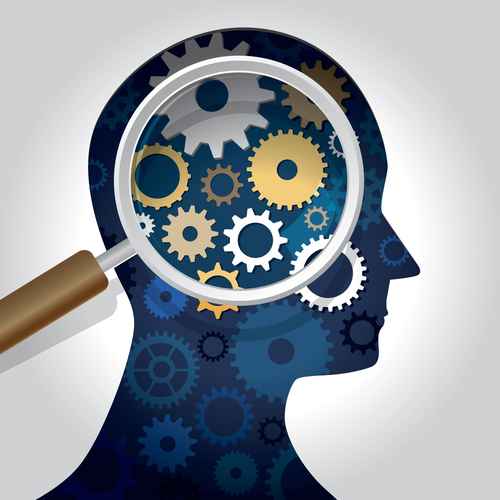
We Transform Overwhelming Into Do-Able
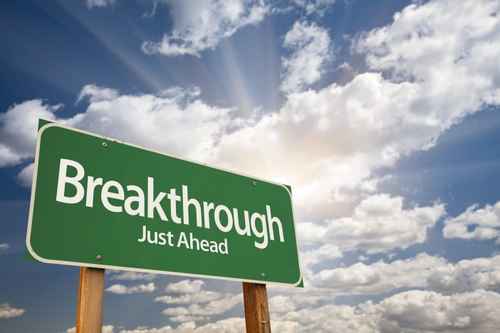 My coaching clients tend to be really interesting, intelligent and creative individuals, yet still struggle to plan, prioritize, control emotional reactions, activate, organize, regulate attention, complete projects, manage time and remember details – even when highly successful or motivated.
My coaching clients tend to be really interesting, intelligent and creative individuals, yet still struggle to plan, prioritize, control emotional reactions, activate, organize, regulate attention, complete projects, manage time and remember details – even when highly successful or motivated.
I know what it’s like, being one of the 10+ million U.S. adults with ADD. It makes sense that people with brain-based challenges will benefit from coaching that understands them.
There are differences in the Coaching Process, including an emphasis on education and the importance of understanding the role that neurobiology plays when it comes to performance – or failure to act. (You can be very successful in some areas but totally struggle in others.) ADHD coaches are more directive and consultative than non-ADHD coaches, and there is even special credentialing for them (which I have).
We will work on alternative approaches to better manage ADHD symptoms, tools for medication management (if appropriate) and strategies for dealing with common ADHD-related problems, like poor sleep habits, time management and organization. Note: Coaching is not a substitute for appropriate medical treatment; nor is it a replacement for psychotherapy.
I also put on my consultant, mentor or professional organizer hats when appropriate, to help you to grow your business, create an ADD-friendly environment at work or at home or develop better systems to track and complete tasks and projects.
PLUS, I’ve created a coaching program that is incredibly effective in helping people maximize their unique potential and tailored it specifically for people with ADD/ADHD —The 7-Step Power Plan to Success with ADHD. In it, taking Action isn’t until Step #6, so that your actions are more likely to be both do-able and sustainable over time. A general, but comprehensive introduction to the 7-Steps is available when you sign up for my mailing list.
Coaching requires a commitment of time and effort. Not everyone is ready – see Is Coaching for Me?
Coaching involves a financial commitment – see How Coaching Works. If individual coaching isn’t in your budget, consider joining a group. New programs will begin shortly, in addition to our Accountability Program.
 I have not met many people who understand the ADHD mind with Susan Lasky’s clarity and compassion. We co-founded CHADD of New York City back in 1989, when there was little information available on ADD. Over the years, she has made an immense difference in the lives of so many people who have, live or work with
I have not met many people who understand the ADHD mind with Susan Lasky’s clarity and compassion. We co-founded CHADD of New York City back in 1989, when there was little information available on ADD. Over the years, she has made an immense difference in the lives of so many people who have, live or work with ADHD, through her writing, speaking, coaching and advocacy. I recommend her coaching and organizing services without reservation. Harold Meyer, President and Managing Director, The A.D.D. Resource Center, NYC
ADHD, through her writing, speaking, coaching and advocacy. I recommend her coaching and organizing services without reservation. Harold Meyer, President and Managing Director, The A.D.D. Resource Center, NYC
Change Negative Patterns to Support Success!
Do these thoughts and feelings sound familiar? Coaching makes a difference.
 There is an incredibly frustrating gap between knowing what to do and doing what we know. This will often get us into trouble with other people and interfere with getting things done, creating an internal dialog of failure and underachievement.
There is an incredibly frustrating gap between knowing what to do and doing what we know. This will often get us into trouble with other people and interfere with getting things done, creating an internal dialog of failure and underachievement.
- We think, or others tell us until we believe them, that if we only ‘tried harder’ we could accomplish whatever task is eluding our efforts, whether it is to keep an orderly home or neatly organized desk, pay bills on time, do better in school, remember to pick up the dry-cleaning, earn a promotion at work, finish the book we are writing or get places on time.
- We blame ourselves for our impotence, our failure to successfully self-motivate or, when we do begin a task, our inconsistent ability to sustain and complete our efforts. We are disappointed when we achieve less than our goals, despite our potential.
- We wonder why simple things are often the most difficult. We get confused, because sometimes we can do great things with little effort (usually when it’s something we really enjoy, so that our brain is more cooperative, although sometimes it may just be that the sun, moon and stars were in perfect alignment!).

You Are in Good Company.
You aren’t alone in being different (how boring if we were the same!). There are as many faces to ADHD as there are people who have it. When you look at the following (very partial) list of famous people who are known to have been ‘different,’ realize that the reason we know their names is that they were able to compensate for their challenges and focus on their strengths, which is what I, as your coach, help you to do.
- Albert Einstein, although a mathematical genius, couldn’t balance a checkbook. He would get lost going for a walk, studied under his desk to avoid distractions and didn’t speak until he was four years old.
- JetBlue Airways founder David Neeleman, says, “Along with the disorganization, procrastination, inability to focus, and all the other bad things that come with ADD, there also comes creativity and the ability to take risks.”
- He struck out 1,330 times while at bat. He also scored a record 71 home runs. It all depends on how you look at it, whether Babe Ruth was a success or a failure.
- Winston Churchill, politician and talented artist, had major issues with social skills, but was able to inspire his country in the crisis of wartime.
- Thomas Alva Edison was a brilliant inventor whose teachers described him as being ‘addled’ and who accidentally burned down his family home while experimenting.
- Kinko’s founder Paul Orfaleasaid, “I can’t write a letter and I can’t fix a machine. My biggest advantage is that I don’t get bogged down in the details, because of my ADD. I hire capable people to handle that… I can’t sit still, so I wander from store to store… My learning disabilities and ADD allowed me to ‘live in the moment and capitalize on the opportunities I spotted.'”
- Salvador Dali – after all, the flip side of impulsiveness is creativity.
- MANY inventors, writers, artists, executives, politicians, athletes like Terry Bradshaw, Michael Phelps, Michael Jordan and Magic Johnson; actors and comedians like Woody Harrelson, Jim Carey, Joan Rivers, Robin Williams, Dustin Hoffman, Will Smith, Whoopi Goldberg, Howie Mandel and Tom Cruise; musicians like Adam Levine, Britney Spears, Kurt Cobain and Justin Timberlake. Sometimes it seems as though the majority of well-known people have ADHD.

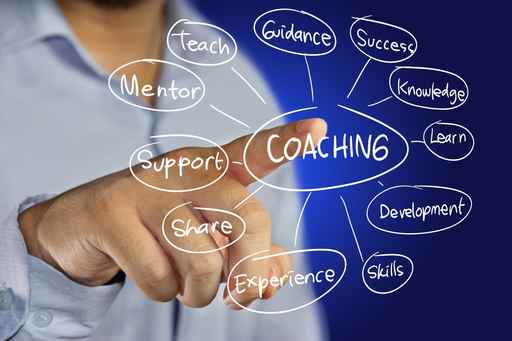 There is an incredibly frustrating gap between knowing what to do and doing what we know. This will often get us into trouble with other people and interfere with getting things done, creating an internal dialog of failure and underachievement.
There is an incredibly frustrating gap between knowing what to do and doing what we know. This will often get us into trouble with other people and interfere with getting things done, creating an internal dialog of failure and underachievement.